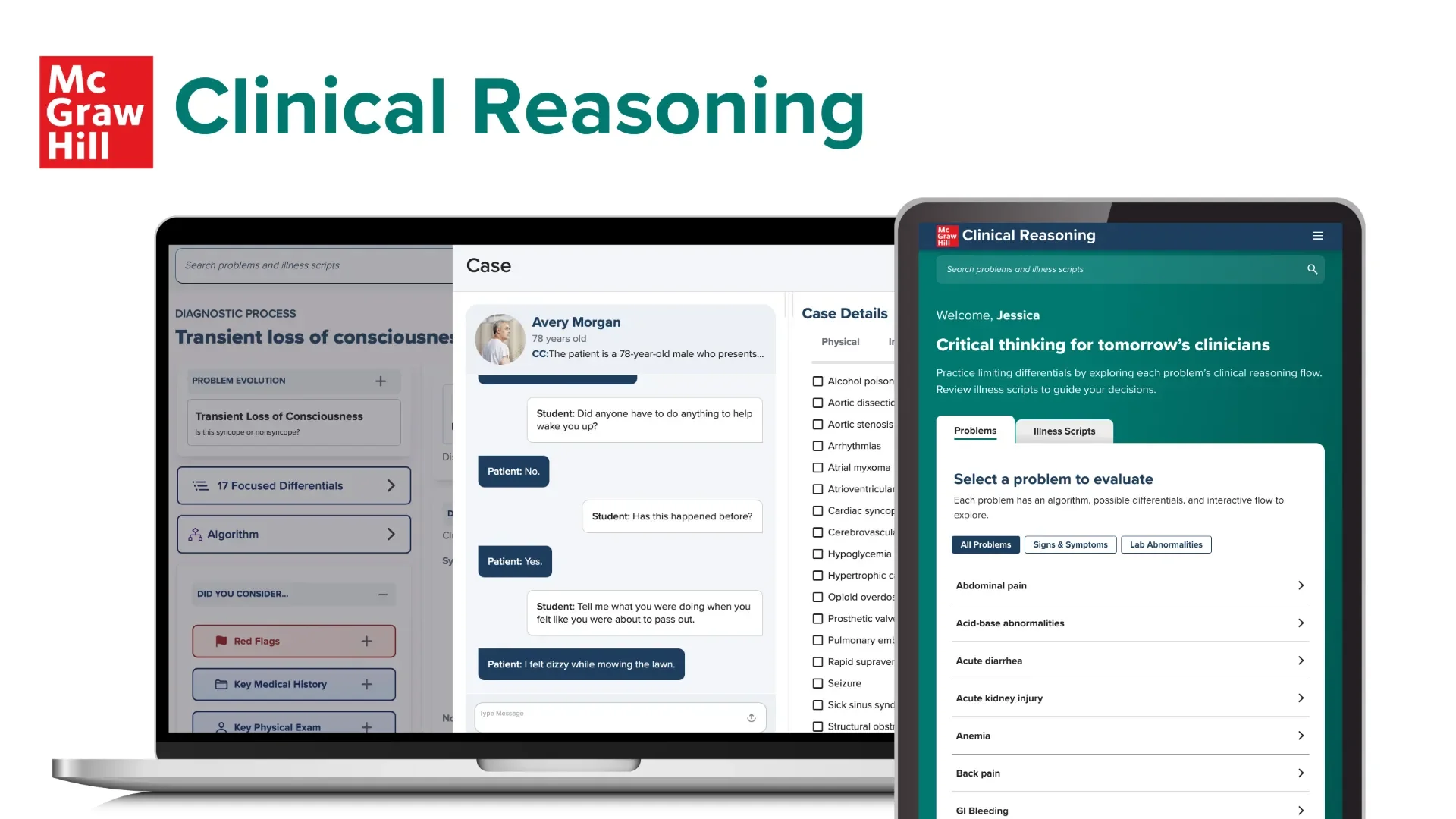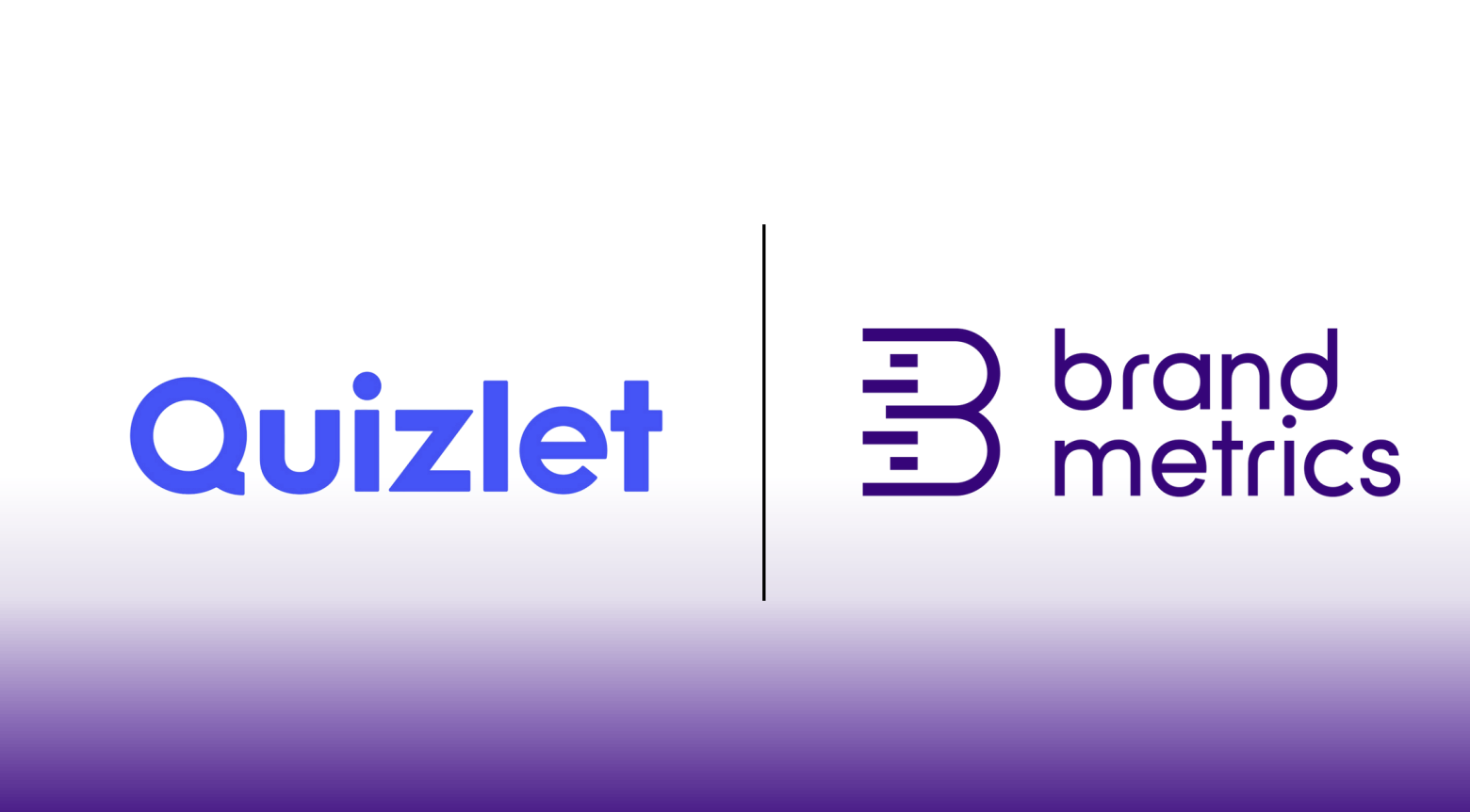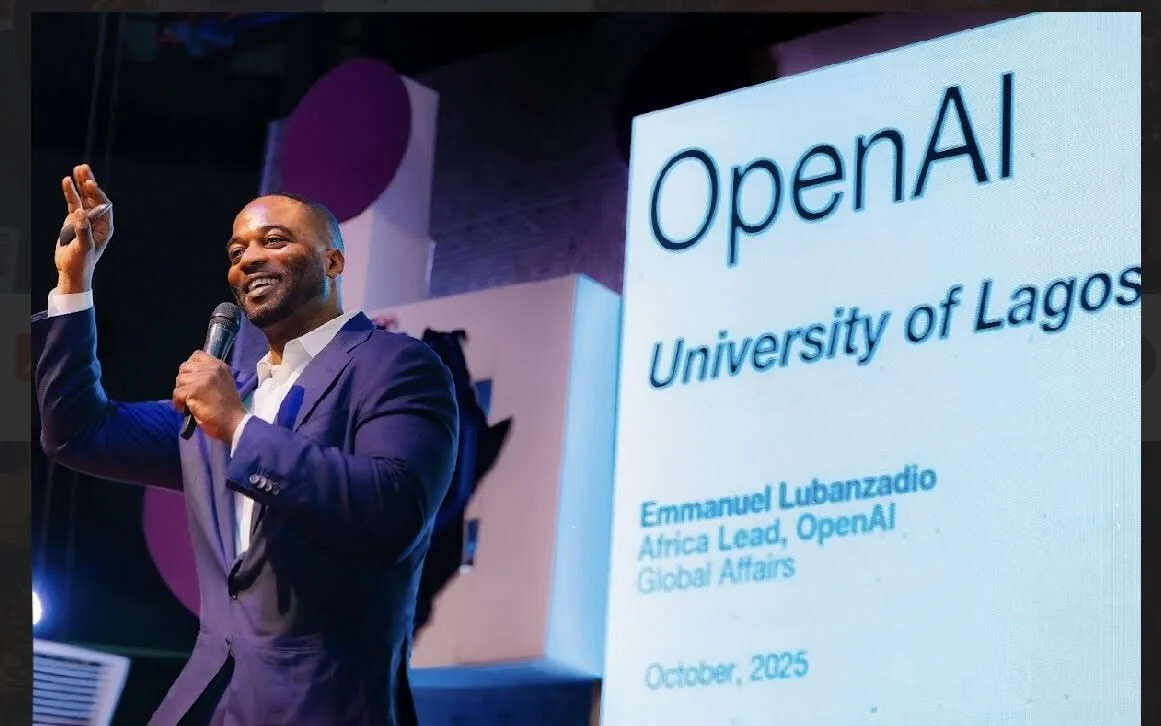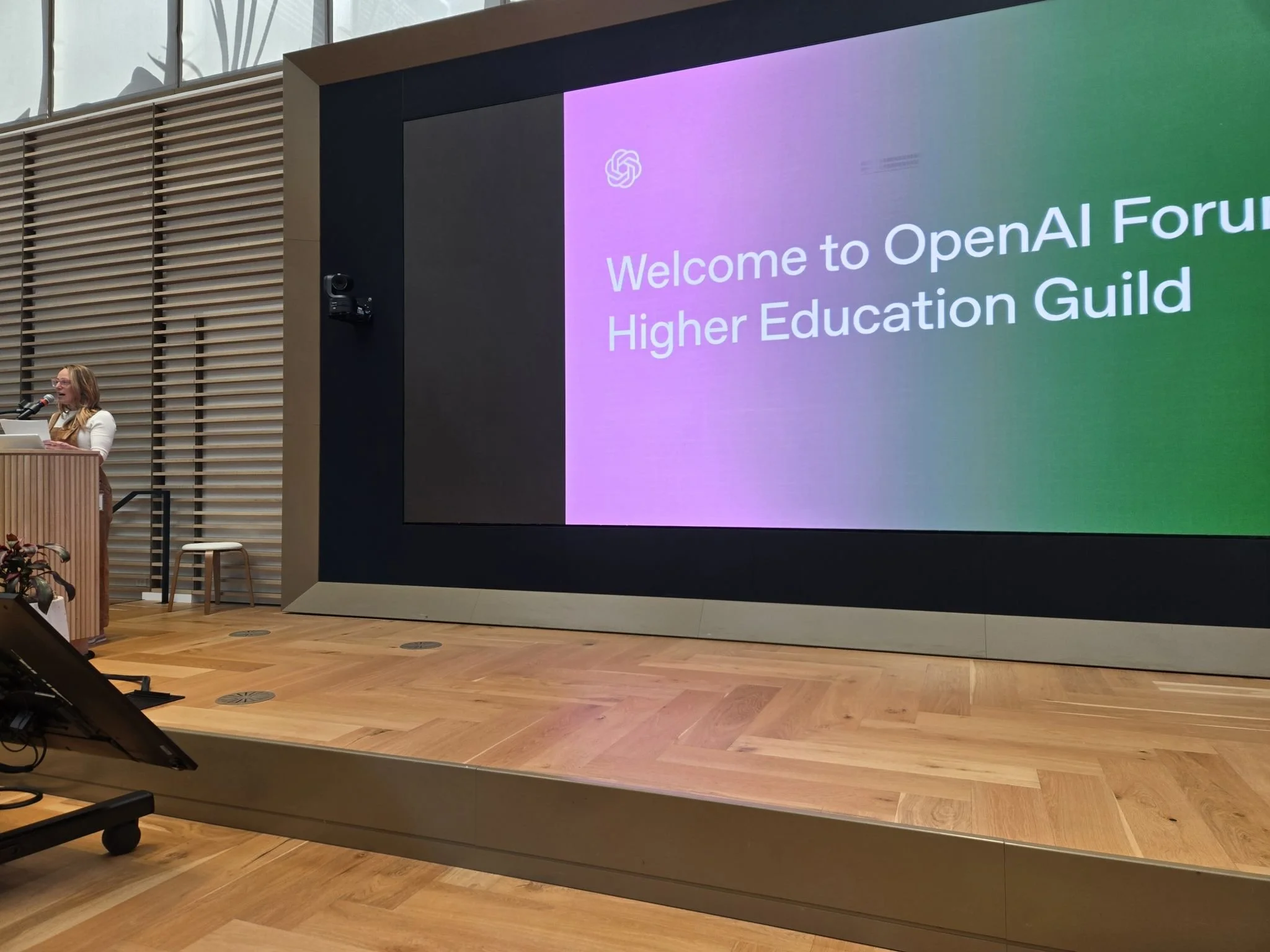Anthropic launches Claude Life Sciences, making it easier for researchers to use the AI software
Anthropic has launched Claude for Life Sciences, making it easier to use the LLM to support research in its first formal launch into the life sciences sector.

Using Anthropic’s existing AI models, Claude for Life Sciences supports connections with scientific tools: Benchling, PubMed, Scholar Gateway by Wiley, Synapse.org, and 10x Genomics.
Anthropic has also launched a library of prompts, that allow users to get the best results from these tools. Users can also set up custom skills.
Anthropic says the new tools will allow users to complete tasks such as conducting literature reviews and developing hypotheses. Claude can also be used to draft study protocols, standard operating procedures, and consent documents.
Scientists can also use Claude to process and analyze genomic data using Claude Code. The LLM can present its results in formats including slides, docs, or code notebook.
Claude can also draft and review regulatory submissions and compile compliance data.
James Zou, Associate Professor at Stanford University, says: “Claude Code and partnership with Anthropic have been extremely valuable for developing Paper2Agent, our moonshot to transform passive research papers into interactive AI agents that can act as virtual corresponding authors and co-scientists.”
Claude for Life Sciences is now available through Claude.com and on the AWS Marketplace. Anthropic says it will also be made available on Google Cloud.
The ETIH Innovation Awards 2026
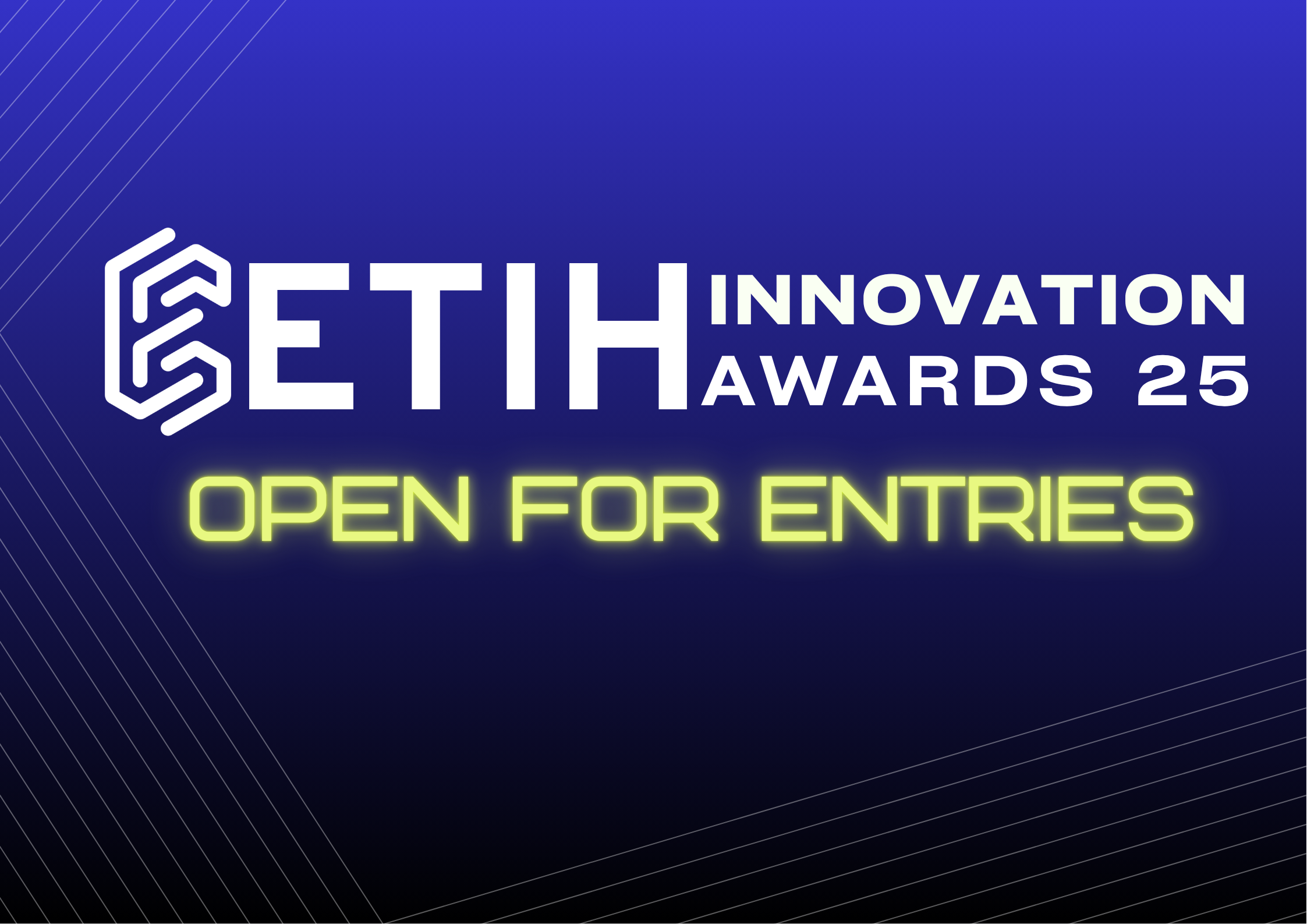
The EdTech Innovation Hub Awards celebrate excellence in global education technology, with a particular focus on workforce development, AI integration, and innovative learning solutions across all stages of education.
Now open for entries, the ETIH Innovation Awards 2026 recognize the companies, platforms, and individuals driving transformation in the sector, from AI-driven assessment tools and personalized learning systems, to upskilling solutions and digital platforms that connect learners with real-world outcomes.
Submissions are open to organizations across the UK, the Americas, and internationally. Entries should highlight measurable impact, whether in K–12 classrooms, higher education institutions, or lifelong learning settings.
Winners will be announced on 14 January 2026 as part of an online showcase featuring expert commentary on emerging trends and standout innovation. All winners and finalists will also be featured in our first print magazine, to be distributed at BETT 2026.











